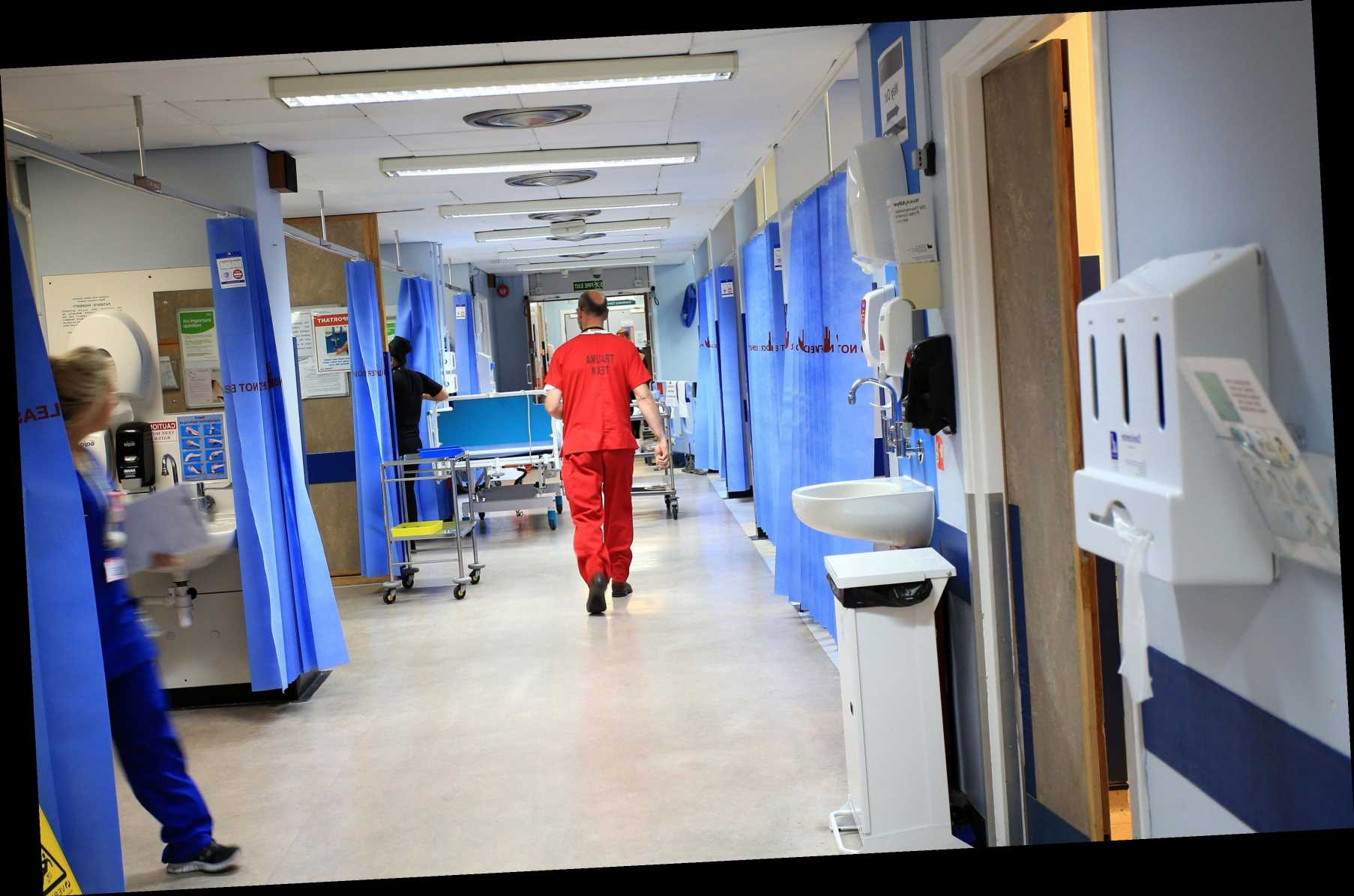THE NHS has been told to prioritise urgent care alongside Covid patients amid fears a surge in admissions will have a “devastating impact”.
Health bosses have said they want to avoid cancellations for cancer surgeries and prioritise these alongside Covid care.
During the first wave of the pandemic many patients saw cancer surgeries and treatments cancelled or pushed back.
Nightingale Hospitals were opened to help deal with the huge pressures NHS hospitals were experiencing.
At the end of last year, Health Secretary Matt Hancock warned that cancer patients would face delays to treatment if the coronavirus pandemic wasn’t kept under control.
Doctors also warned of the "devastating impact"that delaying treatments for cancer patients would have.
NHS chiefs have now set out what they expect from hospitals after it was revealed that some trusts were considering cancelling urgent cancer operations because of further pressure caused by Covid-19.
The Health Service Journal (HSJ) reported that experts have now set out their requirements in a joint letter.
The letter was penned by Amanda Pritchard, chief operating officer of NHS England and NHS Improvement, Cally Palmer, national cancer director, and Peter Johnson, national clinical director for cancer and was sent to regional cancer directors on Friday.
It states that regional directors of NHS trusts must oversee local plans to reschedule urgent cancer care.
The letter seen by the HSJ cites experiences of hospitals in the East of England and in London which have had to cancel cancer surgeries this month.
London Mayor Sadiq Khan had also previously announced a major incident in London as the capital struggled to deal with a surge in Covid admissions.
The letter from NHS leaders states that directors must stress test their local systems in order to make sure “that help to sustain cancer services at the level we saw during the first wave are in place”.
It adds that directors must also “ensure that, where local decisions are being taken to redeploy surgical and anaesthetic staff, that provision for P1 and P2 [the most urgent] cancer surgery is prioritised alongside that for patients with Covid”.
P1 patients refer to those who are high priority, these would be patients who need treatment in three days or less.
P2 refers to patients who need to have treatment or surgery within four weeks.
The letter also states that directors must “satisfy themselves that effective procedures are in place to escalate any proposal” to reschedule one or more cancer operation lists.
It adds that directors must also look to centralise high-complexity work such as brain surgery.
Speaking to the HSJ one senior figure said that NHS England wants to avoid what’s happening in London and the South East happening in the rest of the country.
Around 1,000 P2 patients in London are believed to not have had an appointment date within the target and the capital also has less capacity than in April.
Just days ago it was revealed that patients being treated at London hospitals were being moved to sites in Newcastle due to capacity constraints.
'CANCER SHOULDN'T BE COMPROMISED'
However the NHS last week said the patients in London were continuing to get the urgent cancer care they needed.
Other areas such as the West Midlands and Cheshire have also reported cancellations of P2 surgery.
Cases of the virus are currently shrinking across the country and data from Public Health England shows that cases are down in 91 per cent of local authorities.
But experts have previously warned that a drop in cases could take weeks to be felt in hospital admissions and mortality rates.
Sun columnist Deborah James, who is living with Stage 4 bowel cancer this week said that cancer services should not be compromised because of the pandemic.
She added: "Right now, in the height of the Covid storm, hospitals across the country are at breaking point.
"Staff are off sick, wards are full and as a result the NHS is facing an even tougher time.
"In the first lockdown, all elective care was paused while the health service braced itself for a new enemy.
"This time around, everyone is doing all they can to avoid that happening again."
Source: Read Full Article








